Our mission is to promote sustainable food sources and provide access to the highest quality ingredients with integrity. We aim to encourage healthy eating while bringing joy with beautiful plates full of flavourful dishes.
Whether it's from a family recipe or from a 5-star restaurant, we believe everyone should have the chance to experience delightful cuisine. If you would like to contribute your talents or stories on our blog please contact us at [email protected] - we'd love to hear from you!
With love from Belovedsaffron.com - Enjoy the journey!
For now, love yourself and enjoy this one ...
Christmas is one of the most magical times of the year, and it is rich in traditions where Herbs are a major part.
Jekka has reinvented the Christmas carol in order to celebrate herbs. Below are descriptions of each herb's symbolism and meaning.
Jekka's top twelve Christmas herbs are:
- Bay (Laurus nobilis)
- Thyme ( Thymus).
- Angelica (Angelica archangelica)
- Sage ( Salvia).
- Parsley (Petroselinum crispum)
- Myrtle ( Myrtus).
- Mints ( Mentha).
- Garlic ( Allium Sativum).
- Oregano (Origanum)
- Fennel (Foeniculum vulgare)
- Lavender (Lavandula)
- Rosemary ( Salvia rosemarinus).
They form Jekka’s Christmas Herb Carol.
Jekka's Christmas Herb Carol
Their Love, friendship, and Bay tree.
Two Angelicas,
They share a friendship, love, and a Bay Tree.
Three sprigs with Thyme,
Two Angelicas,
and their friendship, love, and a Bay Tree.
Four leaves from Sage,
Three sprigs with Thyme,
Two Angelicas,
and their friendship, love, and a Bay Tree.
Five pots with Parsley,
Four leaves from Sage,
Three sprigs with Thyme,
Two Angelicas,
and their friendship, love, and a Bay Tree.
Six branches from Myrtle,
Five pots with Parsley,
Four leaves from Sage,
Three sprigs with Thyme,
Two Angelicas,
Their friendship, love, and a Bay Tree.
Seven stems from Mint,
Six branches from Myrtle,
Five pots with Parsley,
Four leaves from Sage,
Three sprigs with Thyme,
Two Angelicas,
and their friendship, love, and a Bay Tree.
Eight cloves Garlic,
Seven stems from Mint,
Six branches from Myrtle,
Five pots with Parsley,
Four leaves from Sage,
Three sprigs with Thyme,
Two Angelicas,
Their friendship, love, and a Bay Tree.
Nine Oregano stalks,
Eight cloves Garlic,
Seven stems from Mint,
Six branches from Myrtle,
Five pots with Parsley,
Four leaves from Sage,
Three sprigs with Thyme,
Two Angelicas,
Their friendship, love, and a Bay Tree.
Ten Fennel seeds,
Nine Oregano stalks,
Eight cloves Garlic,
Seven stems from Mint,
Six branches from Myrtle,
Five pots with Parsley,
Four leaves from Sage,
Three sprigs with Thyme,
Two Angelicas,
and their friendship, love, and a Bay Tree.
Eleven Lavender flowers,
Ten Fennel seeds,
Nine Oregano stalks,
Eight cloves Garlic,
Seven stems from Mint,
Six branches from Myrtle,
Five pots with Parsley,
Four leaves from Sage,
Three sprigs with Thyme,
Two Angelicas,
Their friendship, love, and a Bay Tree.
Twelve Rosemary pieces,
Eleven Lavender flowers,
Ten Fennel seeds,
Nine Oregano stalks,
Eight cloves Garlic,
Seven stems from Mint,
Six branches from Myrtle,
Five pots with Parsley,
Four leaves from Sage,
Three sprigs with Thyme,
Two Angelicas,
Their friendship, love, and a Bay Tree.
Herb symbolism
The medicinal properties of herbs are not only attractive, delicious and tasty but also have a lot of symbolism and mythology. In a previous blog, we discussed the myths, magic and folklore surrounding herbs. Below, we will examine the symbolism of herbs at Christmas.
|
1. Bay (Laurus nobilis - The symbol of wisdom, glory and honor Laureate is Crowned with laurels . This is why the Poet laureate as well as the French Baccalaureate are called. Culpeper wrote in 17th-century that "neither witch nor the devil, thunder or lightening, will harm a man at the place where there is a bay tree". Want more information? Visit Jekka's blog " All About Bay". |
|
|
2. Angelica (Angelica Archangelica) is named after the Archangel Gabriel who visited the Virgin Mary. Angelica is likely a derivative of the Greek angelos, which means messenger. It was considered to be the best safeguard against evil and the plague. It is used in Gin and Trifle today. Want more information? Visit Jekka's blog " Angelica". |
|
|
3. Thyme (Thymus), - We love this story. In the Middle Ages, Thyme cordial was used as a ritual to allow one to see the Elf. It was used by the ancient Greeks to take their baths and by the Romans to cleanse their rooms. Thyme is also a natural antiseptic. Thyme is essential for making the stuffing of the turkey at Christmas. Want more information? Check out Jekka’s Guide to Thyme. |
|
|
4. Sage (Salvia). - Salvia's name derives from Latin 'Salveo, which means 'I save or heal'. All the rosmarinus and salvia officinalis have been highly valued medicinally. It was so revered that in 17th-century Holland, merchants discovered that Chinese would trade three chests of China tea for one box of Sage leaves. Sage like Thyme is both an antiseptic, and it can also be used as a preservative. Want more information? Explore Sage in Jekkapedia. |
|
|
5.
Parsley
Petroselinum
)
- To discourage intoxication and counter strong odours, the Romans ate large quantities of parsley and created garlands for their banquet guests. Parsley's scent is believed to repel bad spirits.
(Parsley can be found in Jekka’s Winter Herb Boxes). |
|
|
6. Myrtle (Myrtus), a symbol of constancy and love, is known as the herb that loves. It is a traditional tradition for brides to include Myrtle in their bouquets as it has been dedicated to Venus. The leaves can be substituted for Bay in cooking and used to flavor soups. Want more information? Visit Jekkapedia to learn more. |
|
|
7. Mint (Mentha - Mint is a well-known digestive. The Japanese have been growing Mint for menthol for over 2,000 years. Fresh Mint potatoes are a great choice, as is a Mint potato salad for Boxing Day. Want more information? Check out Jekka’s Guide to Mint. |
|
|
8. Garlic (Allium Sativum) – Garlic is a central Asian and Indian herb. Garlic was believed to have many uses. Medieval doctors carried a clove of Garlic in their pockets as a combination cure and protection against evil spirits. It is ideal for keeping you healthy during the Christmas season. Try Jekka’s Garlic and Lemon Elixir, a great winter tonic. |
|
|
9. Oregano (Origanum - This was used by the Greeks and Romans as a fragrance after a bath, as well as as a massage oil and disinfectant. It was also taken by the Romans as they traveled across Europe, where it became Marjoram. This has caused a lot of confusion. It is perfect for Christmas, however. Want more information? Check out Jekka’s Guide to Oregano. |
|
|
Fennel (Foeniculum vulgare) - Fennel was a highly valued herb in ancient Greece. It was used as a slimming agent and to treat more than 20 illnesses. The Gladiators were fierce and rude. They mixed it with their daily meals. And the one who prevailed was subdued. A wreath of Fennel was worn by Longfellow (1808-82). Jekka's Fennel Tincture is a great choice for Christmas. It improves digestion, reduces flatulence and makes you feel more festive! |
|
|
11. Lavender (Lavandula - In Tudor times, it was said that Lavender could ease stiff joints and alleviate tiredness. Lavender was used to make the house smell delicious and as a strewing plant for its insect repellent qualities. Her Grandmother's Lavender bags were a perfect choice, as Lavender protects woollens against moths. Want more information? Check out Jekka’s Guide to Lavender. |
|
|
|
12. Rosemary (Salvia rosemarinus) - This flower is often associated with the Virgin Mary's flight to Egypt. She hid from soldiers by covering her cloak with a rosemary bush, and then knelt behind her. After the soldiers left, she stood up and took off the cloak. The blossoms were made blue in her honor. It was discovered by Culpeper (17th century) that it can weaken memory and increase the senses. It is now known for its ability to cure hangovers. It is the herb of the future for reducing low mood and restoring memory. This herb is very exciting and should be kept in your garden. Want more information? Check out Jekka’s Guide to Rosemary. |
Do you want to learn more?
Jekka's How to grow herbs videos and Jekka’s Seasonal Tips blog series offer advice. They include what to do with your herb garden in the early, mid, and late spring as well as autumn and winter. These are the foundation of Jekka’s guide to growing herbs.
You can also visit Jekka’s herbs of month blogs: Bay, Rosemary (February), French Tarragon(March), Angelica (May), Alliums/June), Lavender [July], Basil (August], Mint (September), Szechuan Pepper (“October”) and Thyme (19 November).
You can order herb plants from our South Gloucestershire herb farm or at one our Open Days, or Herb Experiences (see events calendar). For availability, please see our Interested List. You can also use our webform to send your list to us ([email protected]). Although we no longer offer general mail ordering for our plants, we do offer limited Jekka’s Culinary Herb Boxes.
Frequently Asked Questions
How to make herbal remedies at home?
Making herbal remedies at home is easy. All you need is fresh herbs, water, salt, and sugar. You can use any herb, depending on what you want to create.
For example, choose mint, basil, chamomile, or lemon balm to make a soothing tea. If you want to make a cooling drink, try rosemary, thyme, lavender, or eucalyptus.
All you need to do is put all the ingredients into a pot and boil them until they become soft. Strain out the herbs and serve hot.
Add honey to the boiling mixture to make a tonic drink. Honey is a preservative and will keep your herbal remedy fresh for longer.
You can also combine two or three herbs to make a more potent brew. For instance, you could mix equal parts of garlic and ginger to make a powerful antiseptic. Or you can combine equal amounts of turmeric and ginger to make a potent immune booster.
Soak a clean cloth in warm water and place it over the affected area to make a compress. Leave it for 10 minutes before removing it. Do this every day until the swelling goes down.
Make sure you consult your doctor first before using herbal remedies. Some plants may interact negatively with other medications. Also, don't take large quantities of herbs because they can cause side effects.
Is it okay to use dried herbs instead of fresh ones?
It is best to pick up fresh herbs whenever possible when using herbs.
Although dried herbs are convenient, they don’t provide the same benefits as fresh herbs.
Fresh herbs contain essential oils that give your food a unique flavor. These oils help preserve the nutrients within the herb.
Dried herbs lose all their flavor after drying, so they cannot replace fresh herbs.
You should only use dried herbs if you absolutely must. Otherwise, you should get your fresh herbs from the market.
How do you make medicinal herbs?
There are many different methods to make herbs into medicinal products. The most common method is to dry the herbs in a warm, dark location before grinding them into a powder or extracting their essential oils. This can be accomplished by hanging herbs upside down in bunches, laying herbs on a drying screen, or using a food dehydrator.
Once dried and ground, herbs can be stored in airtight containers for future use. Other herbs may require special preparation, such as infusing herbs into oil or vinegar, making tinctures with alcohol, or distilling herbs to create essential oils.
Learning the correct techniques for preparing herbs can help ensure that they retain their medicinal properties and potency for optimal health benefits. Using fresh herbs is usually best, but herbs can also be grown in a pot or garden and harvested when they are mature. Herbs can be purchased at health food stores, online retailers, and specialty shops.
No matter where herbs come from, the preparation techniques remain the same; drying herbs in a warm location followed by grinding or extracting the essential oils. You can make your medicinal herbs with the right herbs and preparation techniques.
When making herbal preparations, it is essential to remember that herbs can vary in potency, so always dilute herbs before use or follow the directions on any product label. Additionally, herbs are best used fresh, as many of their beneficial components degrade over time.
Following safety guidelines and paying attention to the potency of herbs can help ensure that you get the most benefit from your herbs. With a bit of practice and preparation, anyone can make therapeutic herbs with medicinal properties. Remember that herbs should never replace any medical advice or treatments prescribed by a doctor. Always consult a licensed healthcare professional before using herbs medicinally.
Which plant has antibiotic and wound-healing properties?
People often ask about plants that have medicinal uses. Some of these include aloe vera, eucalyptus, chamomile, and lavender. If you're wondering why there aren't any plants used for cleaning and disinfecting purposes, it's because most plants have toxic qualities.
The reason why we use herbs for medicine is that they contain compounds that stimulate our immune system. This means that they help us fight infections and heal wounds.
Some plants also have anti-inflammatory properties. These include ginger, turmeric, and mint.
Herbs such as basil, fennel, marigold, and oregano are great for cleansing the body.
There are even some plants that help prevent cancer. Research shows that black raspberries may reduce the chances of developing breast cancer. The same goes for broccoli. It can help prevent colon cancer.
What plant helps with infection?
There are plants out there that help fight infections. Some even contain anti-bacterial properties. One of them is mint.
Mint has been used for centuries to treat respiratory infections such as cold symptoms and flu. Mint also supports digestion and relieves gas pains. You may find relief with peppermint tea if you have an upset stomach. Peppermint oil has antibacterial properties, which make it effective against germs.
Peppermint tea contains menthol, beta-carotene, vitamin C, calcium, magnesium, iron, and potassium. These nutrients support healthy immune systems and provide energy to keep your body strong.
You can make peppermint tea at home by adding one teaspoon of dried mint leaves to boiling water. Let steep for five minutes and drink hot three times per day.
Or you can buy peppermint tea bags at any grocery store. Simply add two teaspoons of dried mint leaves to a cup of hot water. Steep for 10 minutes and strain. Drink hot three times per day for best results.
Statistics
- The global herbs market is expected to reach more than $125 billion by the end of 2025.
- For those with high cholesterol, garlic supplementation appears to reduce total and/or LDL cholesterol by about 10-15% (72Trusted Source73Trusted (healthline.com)
External Links
ncbi.nlm.nih.gov
- Antioxidant capacity of 26 spice extracts and characterization of their phenolic constituents - PubMed
- Cinnamon: A Multifaceted Medicinal Plant - PMC
onlinelibrary.wiley.com
amazon.com
pubmed.ncbi.nlm.nih.gov
How To
How to use herbs safely?
Many people think that herbs should only be used under medical supervision because they believe that some herbs are poisonous. However, this is not true.
Many herbs have long histories of safe use. For example, garlic has been used for thousands of years to fight infections. It's also been shown to lower cholesterol levels and reduce high blood pressure.
However, if you're pregnant or nursing, avoid taking certain herbs. You should also avoid them if you suffer from allergies or sensitivities to herbs.
You can do several things to ensure you get the best results from your herbs and supplements. First, always read labels before consuming anything containing herbs or spices. Second, take the lowest dose recommended on the label. Third, don't use more than one supplement at any given time. Fourth, talk to your doctor about how to combine specific herbs and supplements. Finally, keep track of your consumption to know whether you need to adjust your dosage.
Resources:
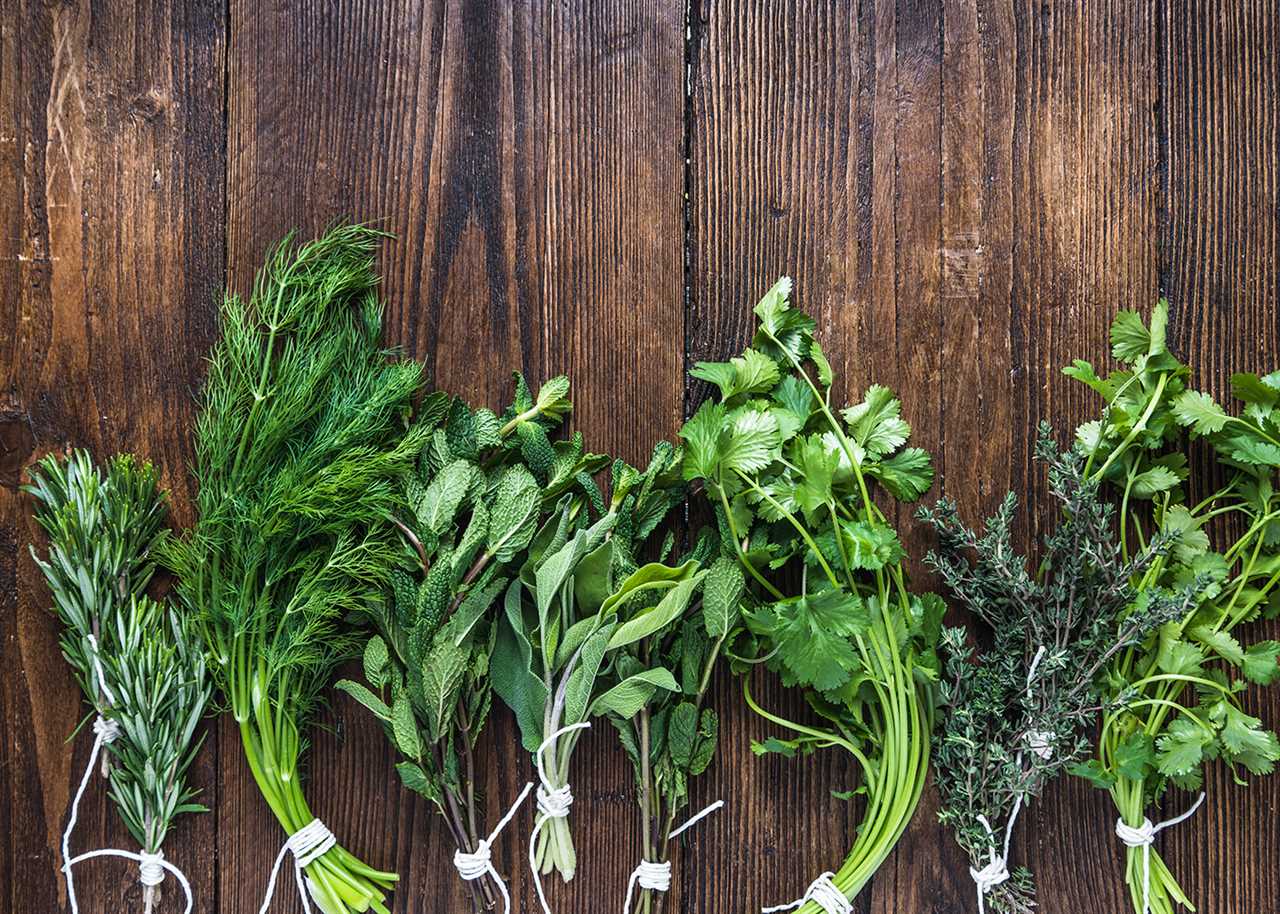 |
Mother in the Mountains: Picking Delicious Herbs for Soup, Country LifeMother in the Mountains: Picking Delicious Herbs for Soup, Country Life |
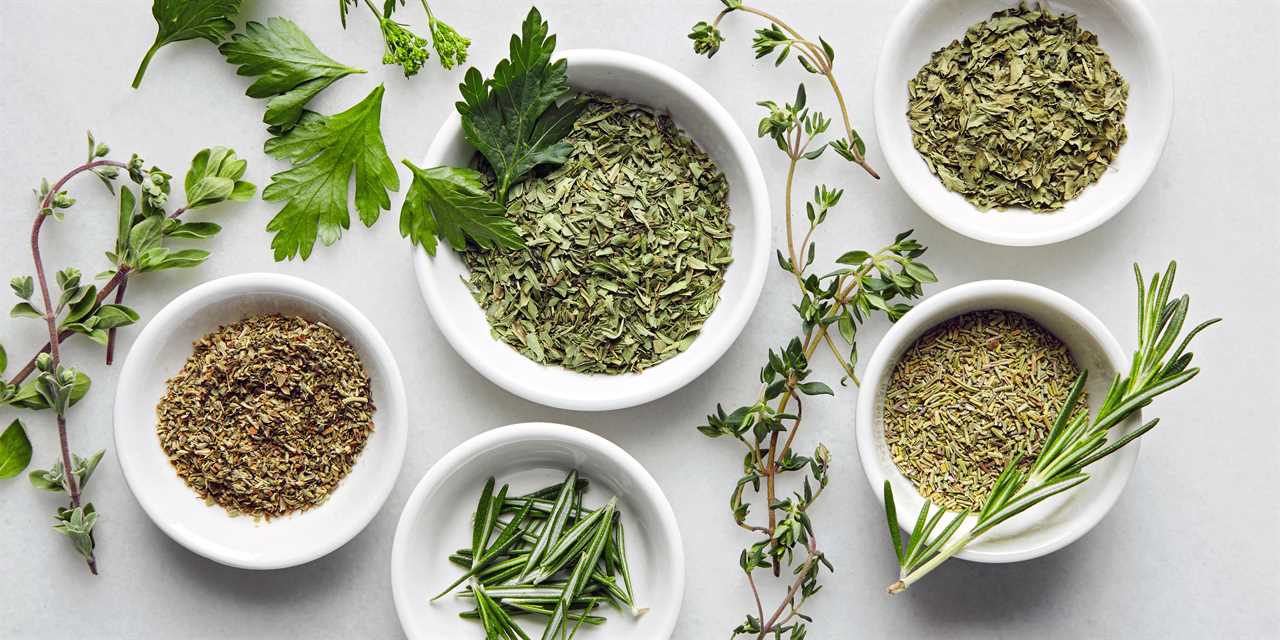 |
Gordon''s Guide To HerbsHerbs are a vital aspect of cooking, here is a quick guide to some herbs that are easily attainable. #GordonRamsay #Cooking Gordon Ramsay's Ultimate |
 |
10 Vegetables and Herbs PERFECT for SHADE Garden SpotsLack of sunny garden spots got you down? We've got you covered! Here are 10 vegetables and herbs we've personally vetted will thrive - or at least tolerate - a |
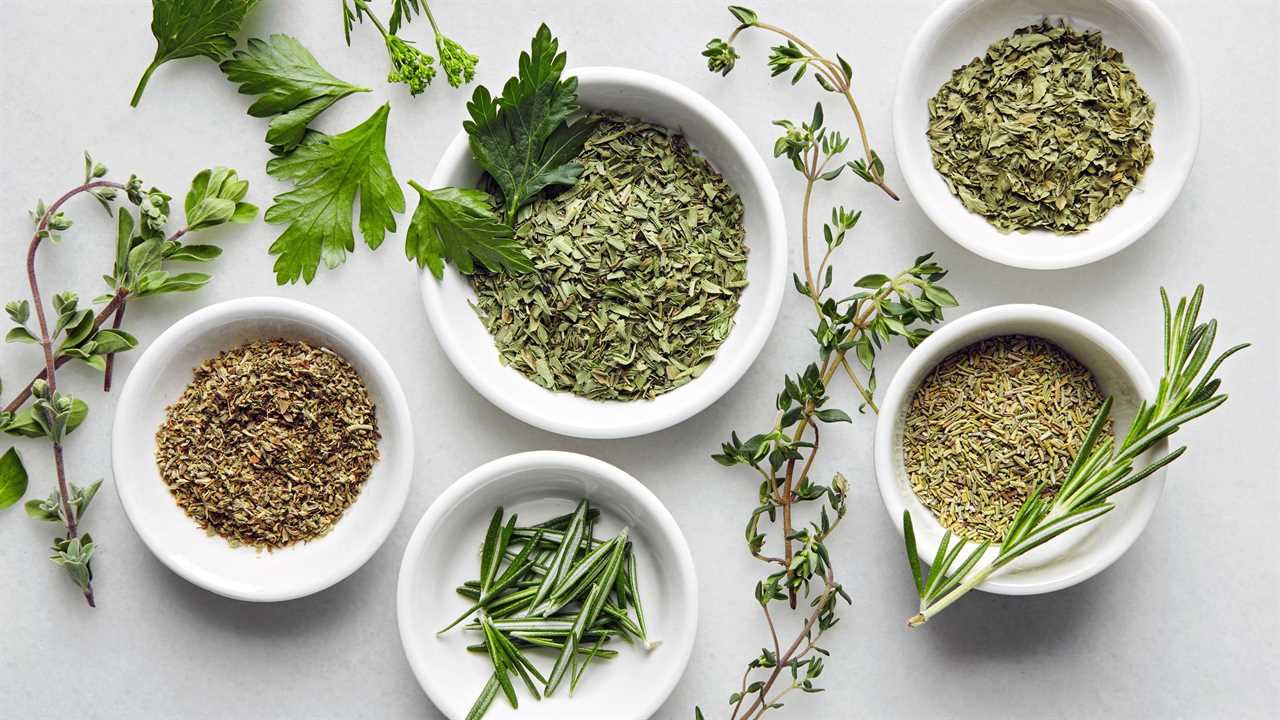 |
Planting Herbs in Containers: Oregano, Chives, Thyme, Mints, Basil, Sage, Rosemary, LavenderPlease Visit The Rusted Garden Seed & Garden Shop:: https://www.therustedgarden.com/ The basics for getting transplant herbs into your containers. It is a |
 |
Dr. Sebi''s Method for Cleansing and Revitalizing The Body - 2 Steps To HealingDr Sebi Methodology to Cleanse (Detox) and Revitalize the Body Download Dr. Sebi's Nutrition Guide: http://bit.ly/DrSebiNutritionGuide Website To Order |
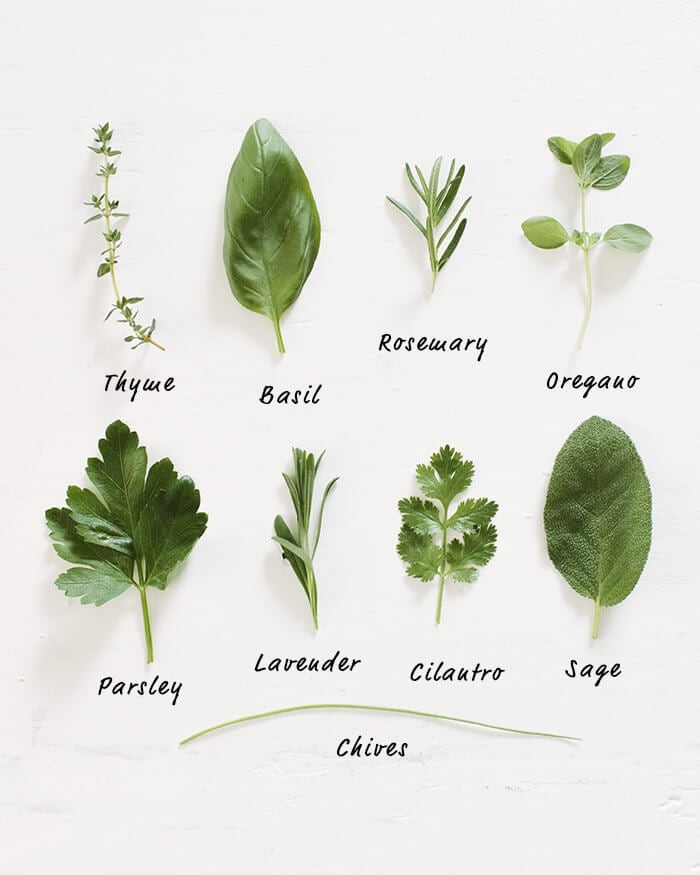 |
Salt Pepper and Herb Topped Chicken CrownSalt Pepper and Herb Topped Chicken Crown This Chicken crown comes from Aldi and is topped with salt, pepper and herbs, all adding to the flavour of the |
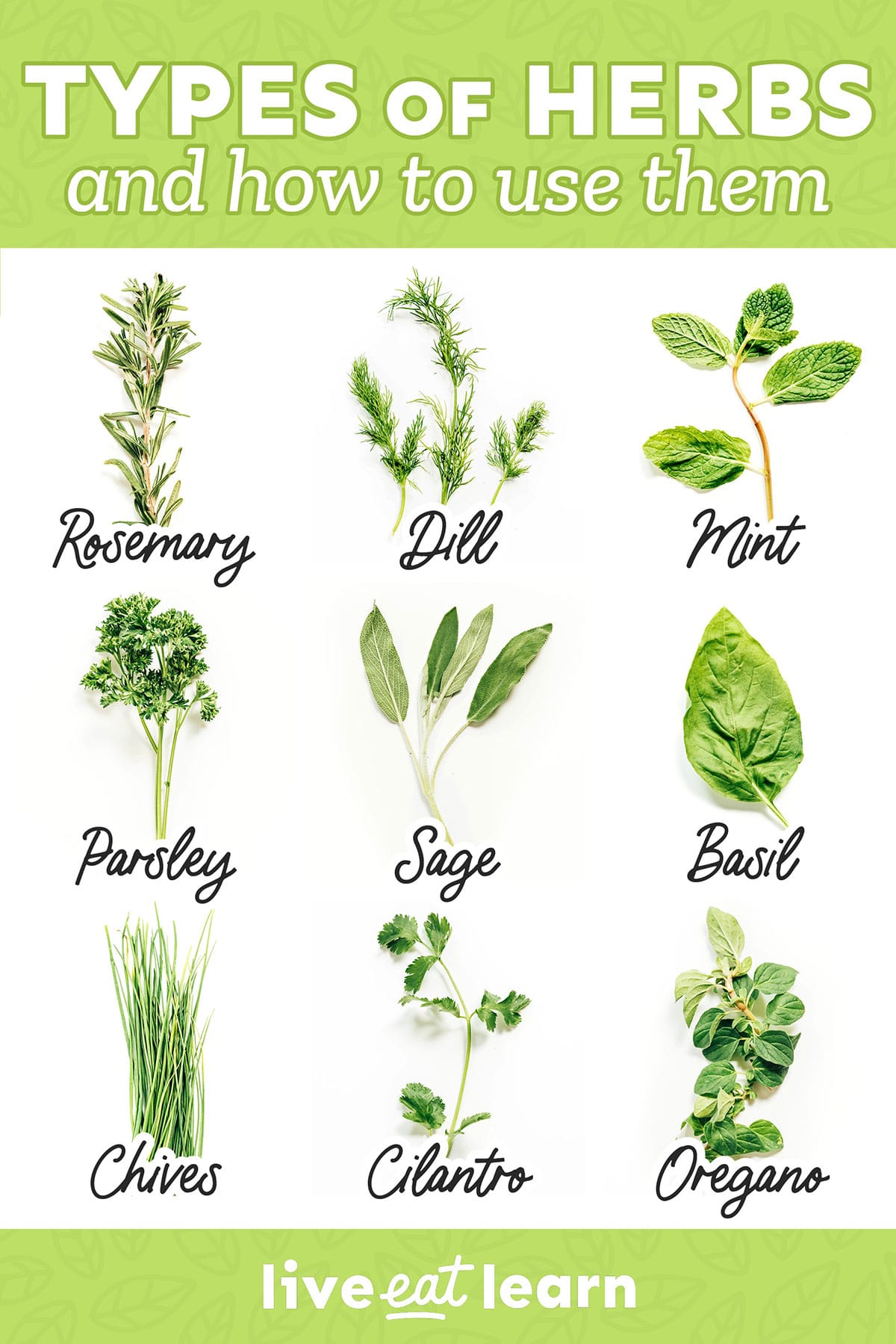 |
The Magick of Mugwort | Magickal Herbal Profile | Properties of HerbsToday I want to try a new format and share a magickal profile of an herb - starting with mugwort! Mugwort is a beautiful magickal herb with rich connections to |
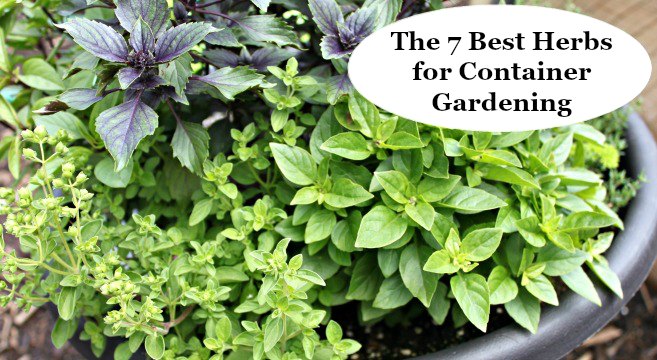 |
Harvesting and Drying Herbs for Teas and Cooking Easy Spring Dish, Cooking on NatureDear friends, today we would like to share with you Harvesting and Drying Herbs for Teas and Cooking Easy Spring Dish video, we really hope you enjoy this |
 |
Herbs: Deep Dive Into The World Of Alternative Medicine | Community ReportsThe use of herbal medicine has always been there with up to 80% of people worldwide relying on them for some part of primary healthcare. Dosage, regulations, |
 |
15 Medicinal Herbs and Their Uses for This Fall | Herb Garden TourThese 15 medicinal herbs are easy to grow at home! Join me for an herbal garden tour and learn which medicinal herbs and their uses I'm growing for use all |
 |
Tips For Dehydrating FoodsThe body reacts to dehydration by stimulating the thirst center, a powerful urge to drink fluids. However, if water intake does not match the amount.. |
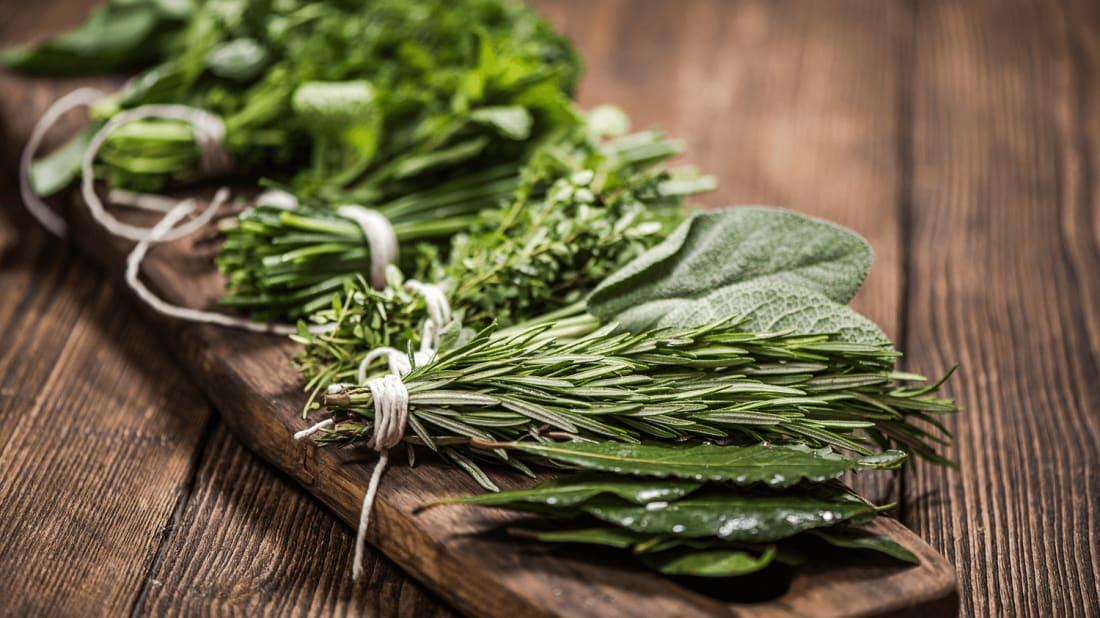 |
Join 10,000 Students Who Have Learned Herbs with Michael and Lesley Tierra - East West School of Planetary HerbologyLearn herbs from respected professional herbalists offering world-class herbalist training. The NEW Professional Herbalist Course includes courses on over 600 |
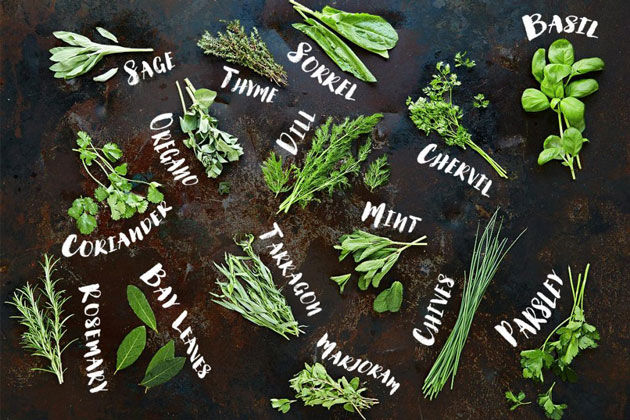 |
How to Get Your Hands on TurmericTurmeric is one of the best natural remedies available for many ailments, from arthritis to cancer. Its properties are known for its powerful.. |
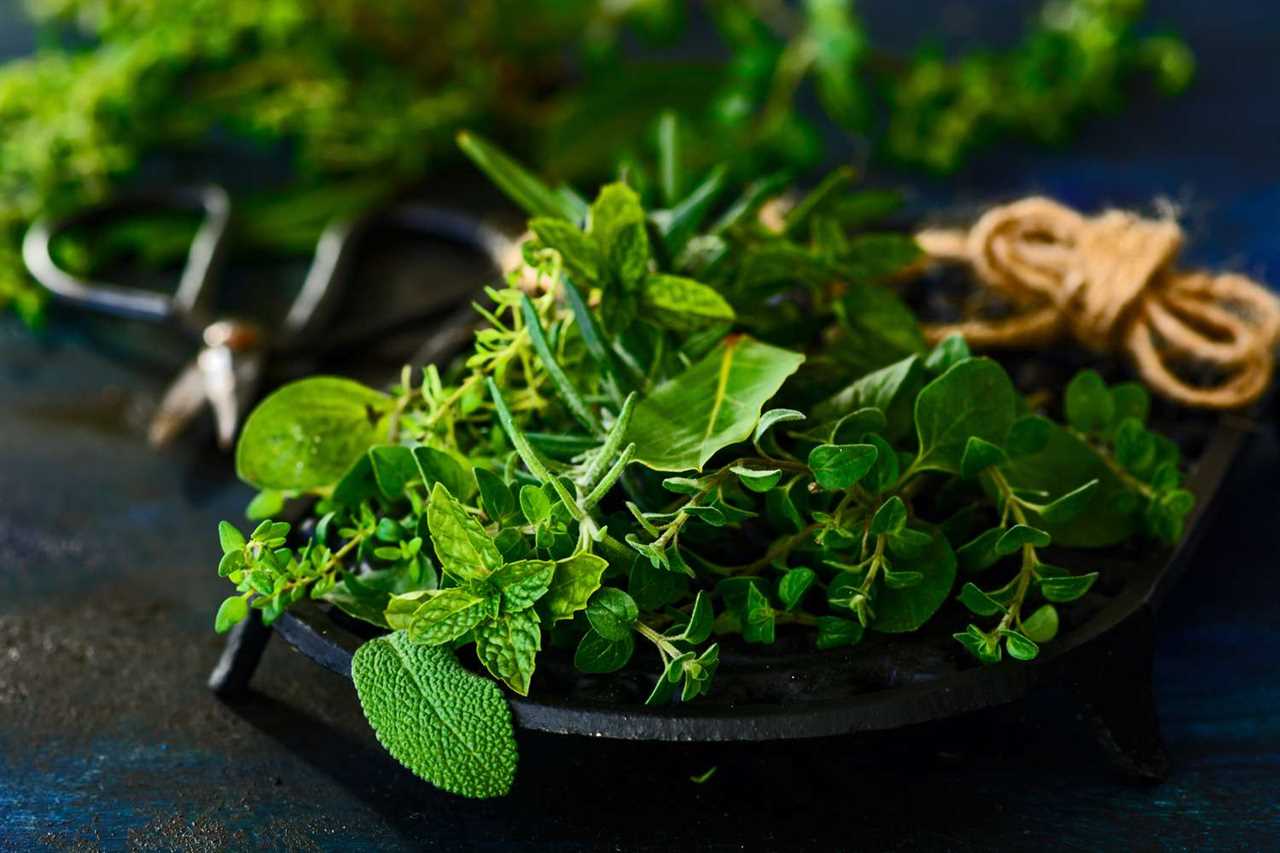 |
Slippery Elm and EssiacSlippery elm is native to eastern North America and has numerous uses, including the treatment of GERD and irritable bowel syndrome. However,.. |
 |
Health Benefits of DillDill is an annual herb in the celery family Apiaceae. It is the sole species of the genus Anethum and is widely cultivated in Eurasia. The herb is.. |
 |
Licorice Root Benefits and Side EffectsLicorice is a flowering plant of the bean family, Fabaceae, and it is used as a sweetening agent. The root of Glycyrrhiza glabra is extracted for its |
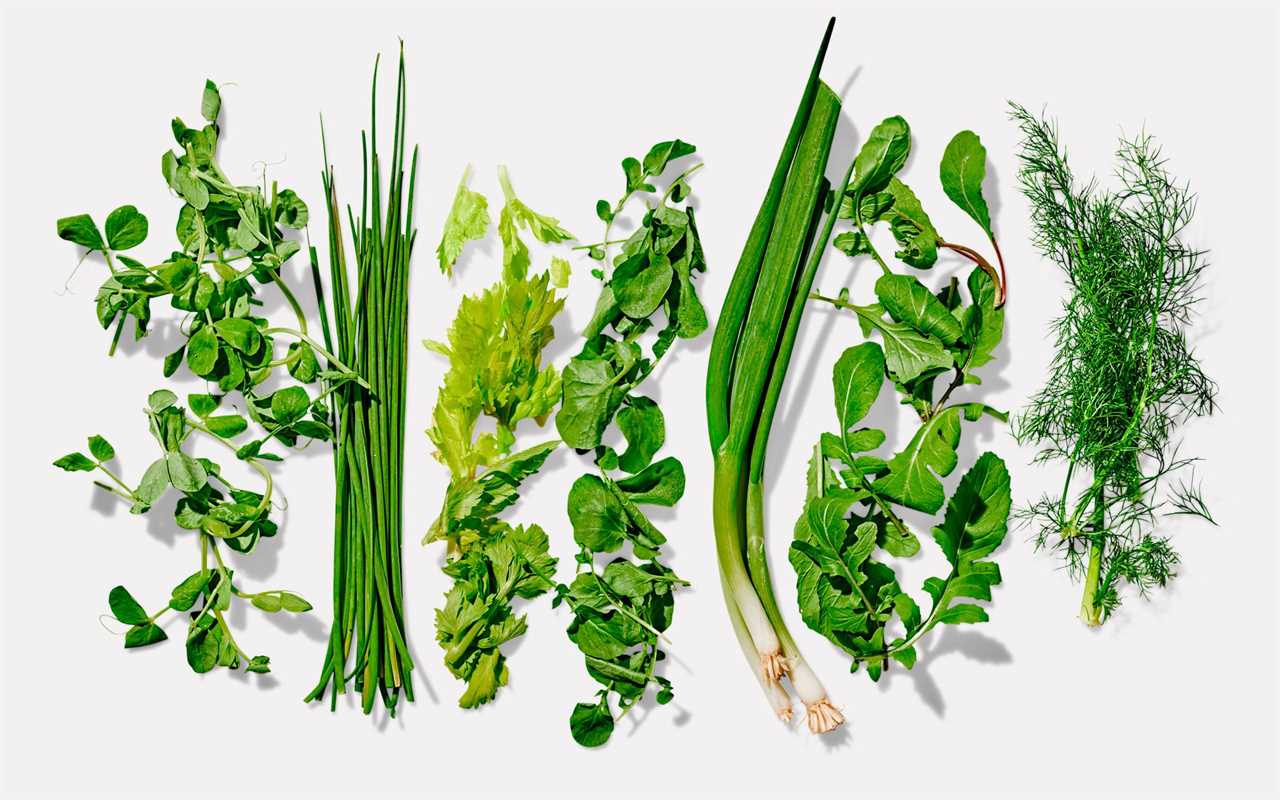 |
What Are the Benefits of Green Tea?Whether you're trying to lose weight or simply feel better, green tea is a great way to get the benefits you're looking for. It contains catechins.. |
 |
The Best Way to Chop Fresh HerbsTo properly chop fresh herbs, you should purchase them in a deep green color and smell fresh. You should then wash them well under running water and.. |
 |
Seasoned Baby PotatoesIf you're looking for a recipe for seasoned baby potatoes, you've come to the right place. Learn how to make seasoned potatoes with herbs and spices, |
 |
Health Benefits of Italian ParsleyBefore using Italian parsley, rinse it thoroughly under cool water. This will help remove any dirt or dust that may be attached to the leaves. Wrap.. |
 |
The Benefits of Herbal TeaHerbal teas are made from the infusion of plants and other plant materials. They are also known as herbal infusions or tisanes. Although there are.. |
 |
Herbs in Pots - How to Grow Delicious Herbs in PotsThere are many things to know when growing herbs in pots. The growing conditions, Containers, Soil amendments and watering are just a few of the.. |
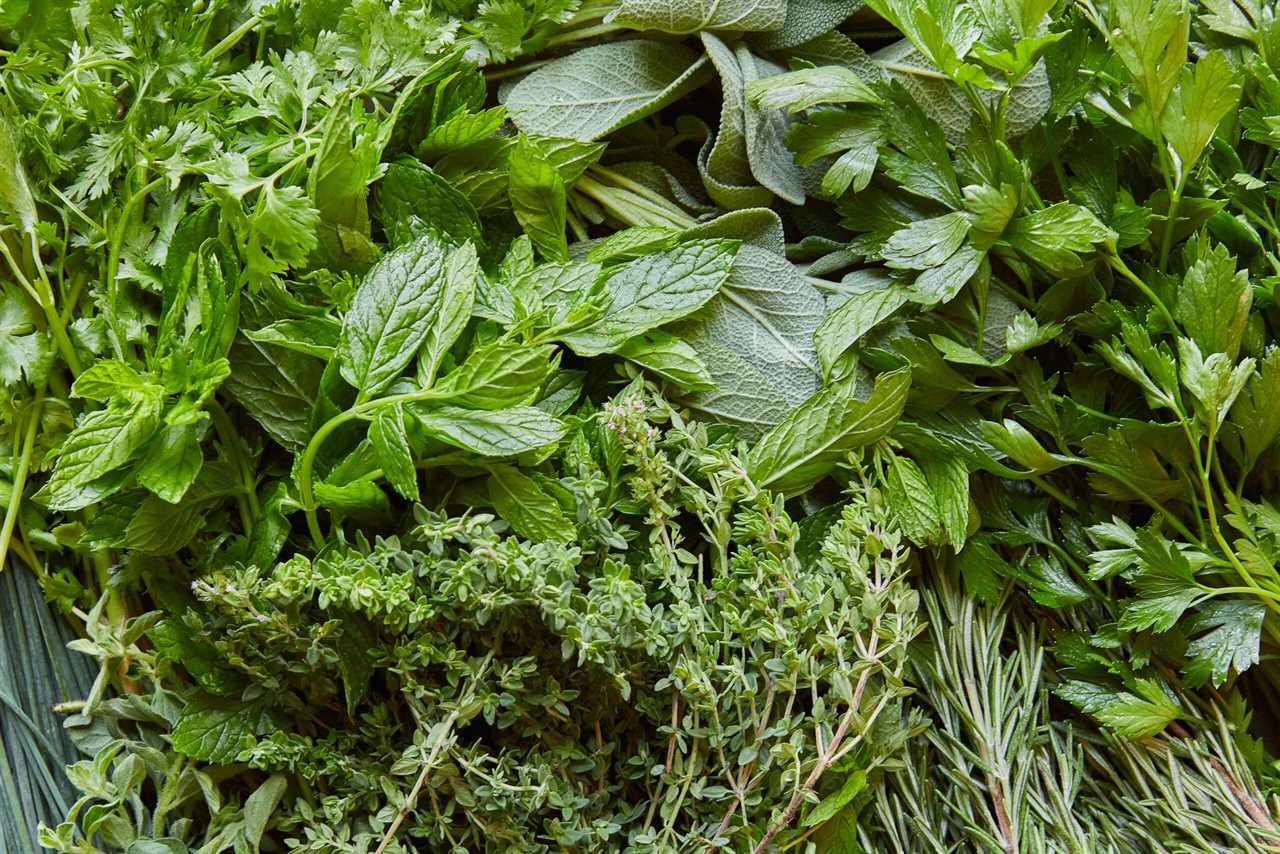 |
Choosing Annuals For Your Herb GardenIf you have ever wanted to have an herb garden, it is important to know that there are several important factors to keep in mind. Herbs require good.. |
 |
Home of HerbsFind out more about herbs and how to use them |
 |
The Advantages of Substituting Dried Herbs For FreshThere are many advantages to substituting dried herbs for fresh. They are cheaper, more potent, and less dusty. These are the reasons that I prefer.. |
 |
Substitute For Dried ParsleyIf you want to make a recipe without parsley, try using cilantro, dill, oregano, or sage instead. They are all delicious substitutes for dried.. |
 |
Herbs That Grow in WaterThere are several types of herbs that grow in water. These include Cilantro, Thyme, Oregano, and Lavender. Here are some tips to help you grow these.. |
 |
Perennial Herbs For Zone 4If you're in Zone 4 and are looking for perennial herbs, lemongrass and thyme are great choices. These plants thrive in cooler climates and can be.. |
 |
Tips For Growing MenthaA mint plant is a great choice for a water garden or small water feature. They have light lavender flowers, dark green leaves with purplish veining,.. |
 |
Medicine From PlantsThe use of medicine from plants has long been an essential part of traditional Chinese medicine. This ancient practice involved a wide range of plant |
 |
Ayurvedic Medicine Side EffectsAyurveda is an alternative medicine with historical roots in the Indian subcontinent. While its theory is considered pseudoscientific, it is still.. |
 |
Growing Herbs IndoorsGrowing herbs indoors has a number of benefits, including increased yield and reduced watering. It can also be beneficial for people who are.. |
 |
6 Herbs High in MagnesiumMagnesium is an important mineral that plays an essential role in heart, brain, and musculoskeletal health. Since magnesium is required ... Read more |
 |
Citrus Bergamot vs. Red Yeast Rice: Similarities & Differences ExplainedCitrus bergamot and red yeast rice are two herbs compared to each other due largely to their potential to reduce ... Read more |
 |
Citrus Bergamot vs. Bitter Orange: Similarities & DifferencesCitrus bergamot and bitter orange are both popular herbs with health benefits for metabolism and weight loss. However, they both ... Read more |
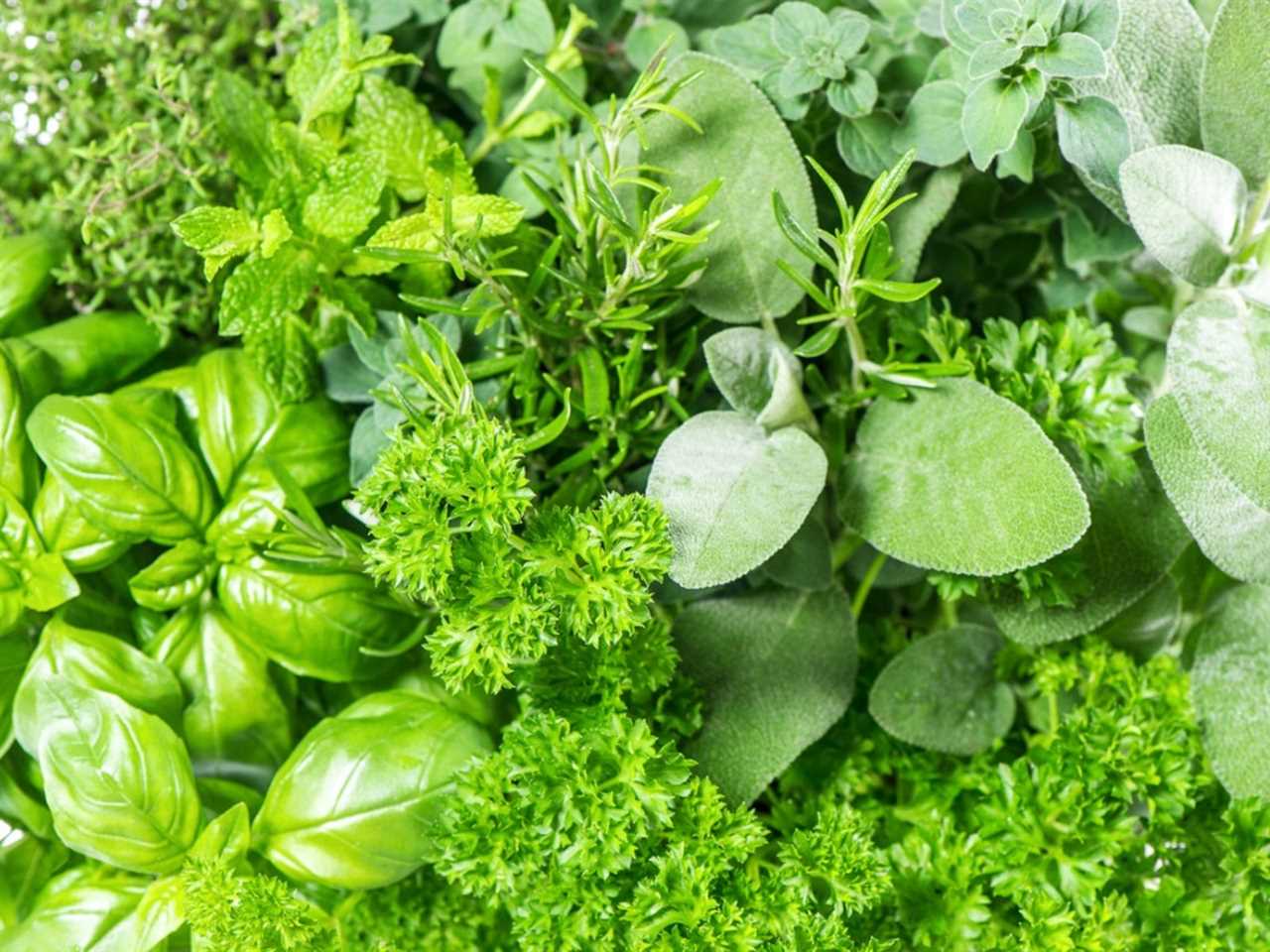 |
The Cup of LifeLike life, tea is what you make of it and The Cup of Life helps individuals enjoy tea in more than one way. Join me on my tea adventures through my blog! |
 |
6 Herbs High in ZincZinc is an important trace element that contributes to immune function, tissue repair, and gene synthesis. Since zinc is involved ... Read more |
 |
5 Herbs High in PotassiumPotassium is a mineral that plays a crucial role in maintaining overall health and wellness, especially for muscle and nerve ... Read more |
 |
Feb 14, How to Use Ground Ivy with Val AlcornIt’s always exciting to hear about a little-known herb with powerful medicinal action. Join this conversation about ground ivy with Val Alcorn! |
 |
Feb 21, Benefits of Calamus Root with jim mcdonaldJoin me and my friend and herbalist jim mcdonald as we discuss the benefits of calamus root, including clearing away mental cobwebs and enhancing your focus. |
 |
Mar 1, Cottonwood BenefitsJoin me in this episode all about cottonwood and find out why it has been used as medicine and to make a variety of tools for thousansa of years! |
 |
Mar 7, The medicine of calamus root (rhizome) and leaves with Karyn SandersIt was an honor and a deep pleasure to have this informative conversation about calamus root benefits with Karyn Sanders. Join us in this new episode! |
 |
Mar 14, Dandelion with Nancy PhillipsLet's sit down and discuss dandelion with herbalist and author, Nancy Phillips |
 |
Delicious Elderberry Syrup Gummies for Cold Flu & SleepElderberry syrup is immune enhancing and protective against colds and flu. It’s one of my favorite natural remedies for avoiding or beating the flu. These flu |
 |
Helpful Plant Remedies For Anxiety And StressFeeling anxiety and stress lately? Are you feeling frustrated and wish you could just find a way to relax? Do you find that your heart is usually beating |
 |
Tomato Tea, A Natural Cold and Flu RemedyThis tea really works! You can literally feel your sinuses opening up. It’s an immune booster so even if you’re not sick drink this when others around you are |
 |
What Are Digestive Bitters And Should You Take Bitters?Bitters are a drink you sip before a meal to aid in healthy digestion. Traditional diets contained bitter foods because of their digestive action. The bitter |
 |
Tony Gebely · Tea Epicure · Taste DifferentlyA tea assessment platform that rates teas based on objective quality markers and a sensory evaluation resulting in a list of the best teas produced each year. |
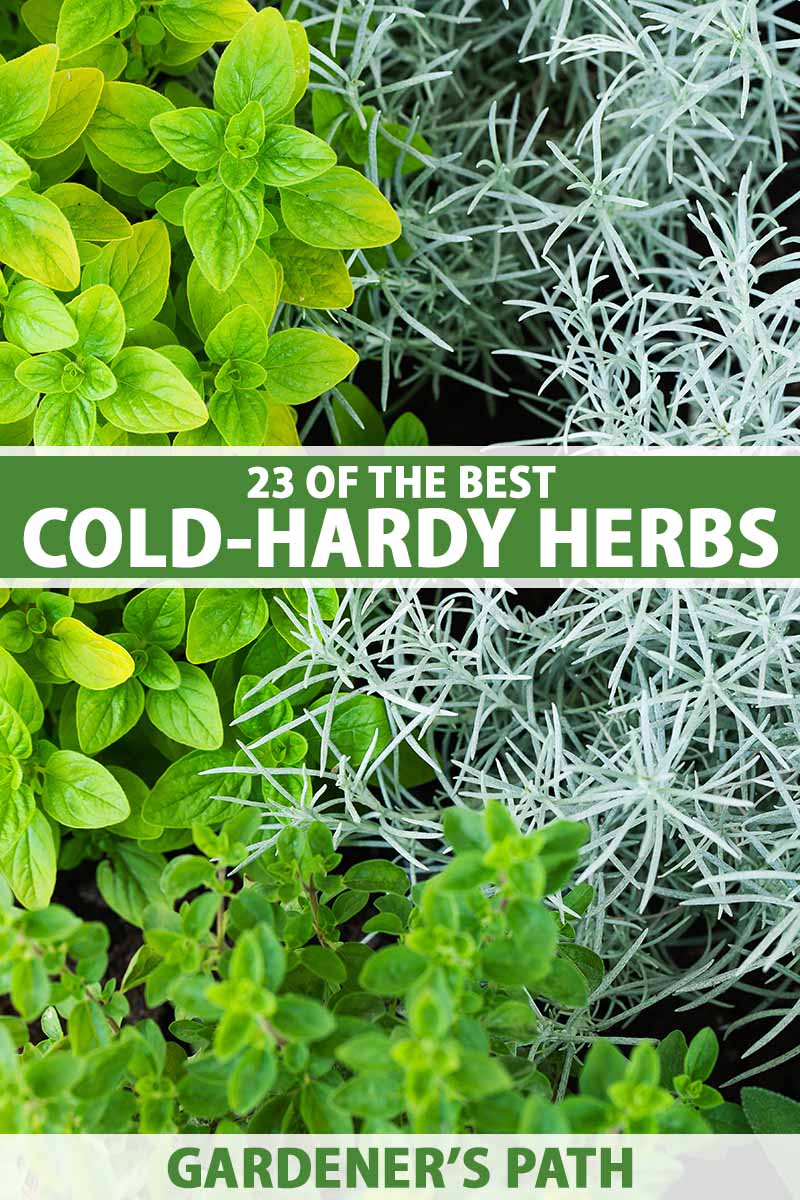 |
Motherwort Has Amazing Benefits For Your BodyMotherwort (Leonurus cardiaca) is found growing in the wild in vacant lots and gardens. It’s easy to spot as motherwort grows to a height of 5 feet and has |
.png)





